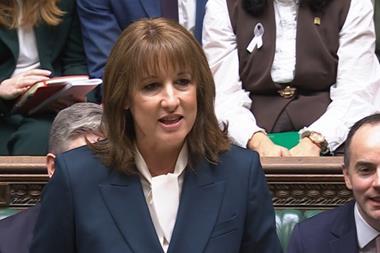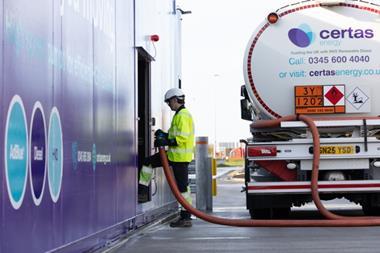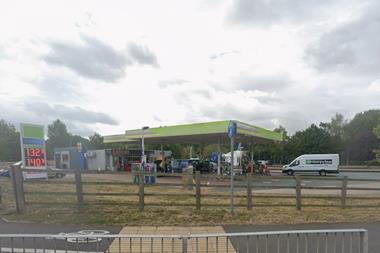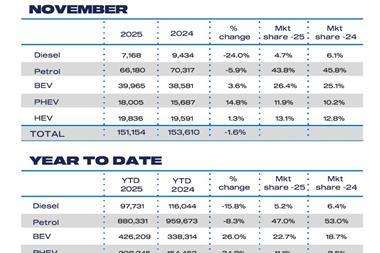The prices of petrol and diesel peaked in May, falling back nearly 2ppl and 1.5ppl respectively in June, but wholesale prices are rising again, the RAC has warned.
RAC Fuel Watch data shows that during June average petrol prices fell from 129.37ppl across the UK to 127.59p after the supermarkets cut their prices in response to lower wholesale costs. Diesel also reduced from 132.32ppl to 130.74ppl.
The greatest price reductions were seen across UK supermarkets, where an average of 2.4p came off the price of a litre of unleaded petrol, and 2p off a litre of diesel. Drivers filling up at motorway services meanwhile saw no reduction at all in average prices during June – with a litre of petrol remaining at 145p and diesel at 148p.
The fall in the price of petrol and diesel occurred early on in June, with some of the largest fuel retailers responding to calls by the RAC to cut their prices in the wake of falling wholesale prices. But wholesale prices started to creep up again at the end of the month, suggesting the slide in prices will not continue.
RAC fuel spokesman Simon Williams said: “The big fuel retailers finally bowed to pressure in early June by cutting the price of both petrol and diesel at the pumps – offering some respite to drivers who just a month earlier had experienced the largest jump in average forecourt prices since the RAC began tracking prices.
“But while the price of oil slid back to around $72 a barrel in the middle of month, since this point it has been rising again – ending June nearer $76 a barrel and with wholesale fuel prices now also starting to rise again.
“So we remain in a period of real volatility when it comes to fuel prices. Late in June the Organization of Petroleum Exporting Countries (OPEC), which represents some of the world’s largest oil producing nations, agreed to increase global oil production. While this would normally signal cheaper oil, and in turn cheaper fuel prices, other factors have been at play – namely an escalating trade dispute between the United States and other major countries and the prospect of renewed sanctions placed on another oil-producing nation, Iran.
“At the same time, the pound remains comparatively weak against the US dollar, which reduces the buying power of UK fuel retailers. With fuel costing them more to buy in, this invariably means higher prices are passed on to drivers at the pumps.

































No comments yet